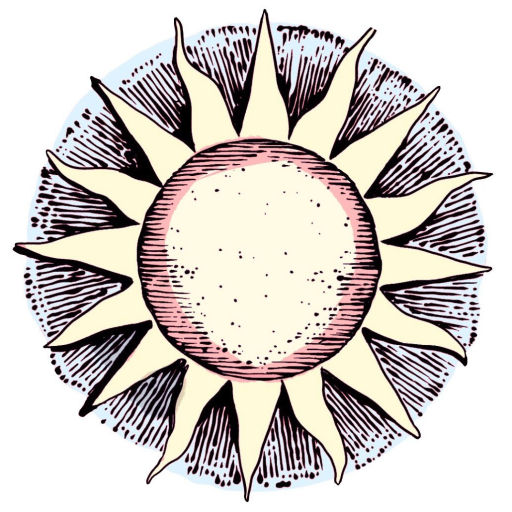The Middle
It’s been about a year since I finally escaped ‘The Library of Book Levers’ which, if my rough estimations are correct, stocked a real-book to lever-book ratio of about 10:1. I understand the importance of displaying a subject in its context, here meaning that the lever-books would look silly on their own and even sillier on a shelf with dozens of other lever-book, but it meant I had to pull a whole lot of books off shelves before things started moving. There’s also something to be said for the ease with which a person, like me, is able to accidentally trigger the first lever when things are light and easy and the contrasting difficulty of finding a similar door-trigger when the situation has devolved and an exit is important.
‘The Library of Book Levers’ became increasingly difficult to appreciate and navigate the further in I got, is what I’m saying, and it put me off libraries for a while but now I’m here at ‘The Library of Hollowed-Out Books’ and I know, already, that I’m going to regret going inside.
‘Nobody stashes something mundane in a hollowed out book. Do you know why? Because hollowing out books is harder than it looks. It takes strength and determination to get through a book of any useful size. It takes care to keep the page-edges straight and natural-looking enough to pass a glance.
Then, there’s also the importance of finding the right book which, as we’ve discussed, has to be at least a little thick and probably hardback and, if you’re wanting to be clever, the book should be one that doesn’t seem an outlier on your shelf but, at the same time, certainly can’t be a copy of something you already own. So then there’s the need to hunt down a book that you probably would enjoy owning but, rather than enjoy it, there’s the reducing it to a cover which, as the saying goes, is the least important part. It’s a painful process for any book-lover, this disemboweling and this making-a-pact to never own a legitimate copy of such and such title. Most hollowed-out books function as a sort of tell-tale heart for their creators until they are beyond bearing and are emptied of their valuables and passed on to ‘The Library for Hollowed Books’ which proudly claims to be the nation’s least verbose library and which adamantly denies that one of its hollowed out books contains the winning ticket to a soon-to-expire lottery ticket and further asks that people ‘please stop spreading that rumor because it’s a pain to have to shelve all these books every time some down-on-his-luck wacko thinks he’s the first person to hear it.’’
There’s something very acoustically wrong with ‘The Library of Hollowed-Out Books.’ It’s something to do with the inaccessible honeycomb of open space on the shelves, of having to slip between those shelves carefully, so as not to disturb them, because they are kept close together and because the books they hold aren’t heavy enough to anchor them. Air passes through the books and mimics the muffled static of a stopped-up ear. Real, unhollowed books have been placed at stations throughout as anchor points and I find myself needing to use them, to feel the heft of an unmangled novel- to hear its wooden thunk under my fingers.
There’s something especially disturbing to me in this collection and it isn’t until I’m leaving that I realize what it is:
These books are all beginnings and ends, their middles pulled out for space.
My story has been all middle for a long, long time.
-traveler
